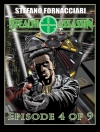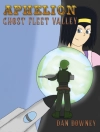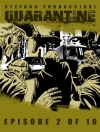History, in the broadest sense of the word, is all that we know about everything that man has ever done, or thought, or hoped, or felt. It is the limitless science of past human affairs, a subject immeasurably vast and important but exceedingly vague. The historian may busy himself deciphering hieroglyphics on an Egyptian obelisk, describing a mediæval monastery, enumerating the Mongol emperors of Hindustan or the battles of Napoleon. He may explain how the Roman Empire was conquered by the German barbarians, or why the United States and Spain came to blows in 1898, or what Calvin thought of Luther, or what a French peasant had to eat in the eighteenth century. We can know something of each of these matters if we choose to examine the evidence which still exists; they all help to make up history.
Про автора
History, in the broadest sense of the word, is all that we know about everything that man has ever done, or thought, or hoped, or felt. It is the limitless science of past human affairs, a subject immeasurably vast and important but exceedingly vague. The historian may busy himself deciphering hieroglyphics on an Egyptian obelisk, describing a mediæval monastery, enumerating the Mongol emperors of Hindustan or the battles of Napoleon. He may explain how the Roman Empire was conquered by the German barbarians, or why the United States and Spain came to blows in 1898, or what Calvin thought of Luther, or what a French peasant had to eat in the eighteenth century. We can know something of each of these matters if we choose to examine the evidence which still exists; they all help to make up history.












